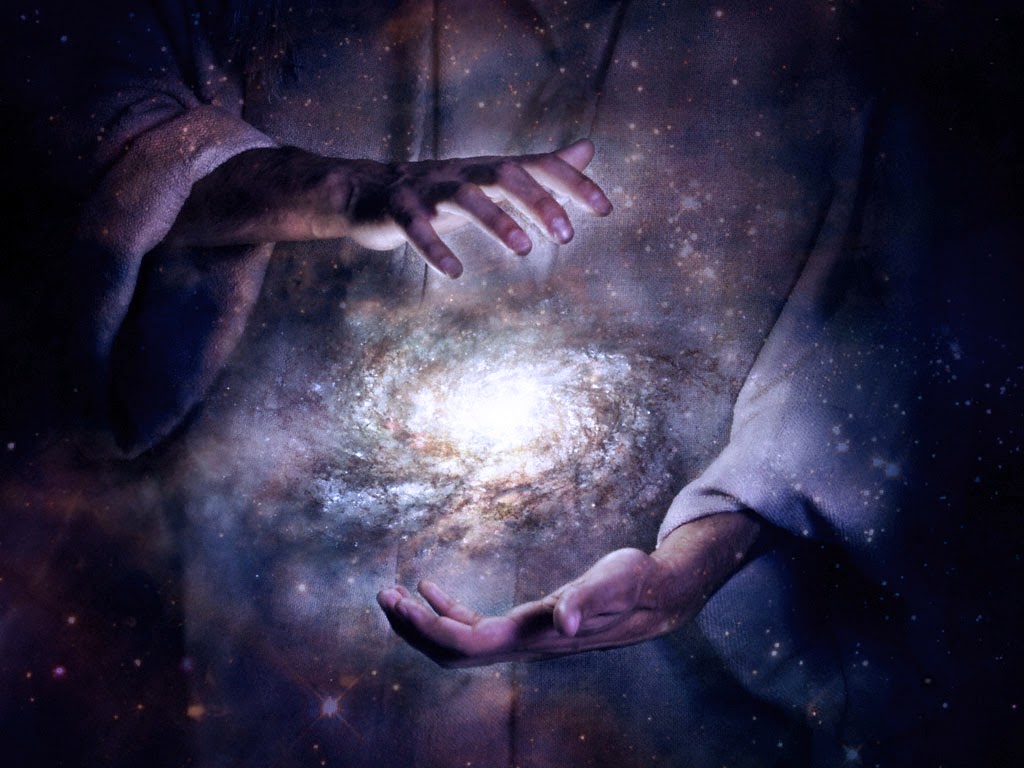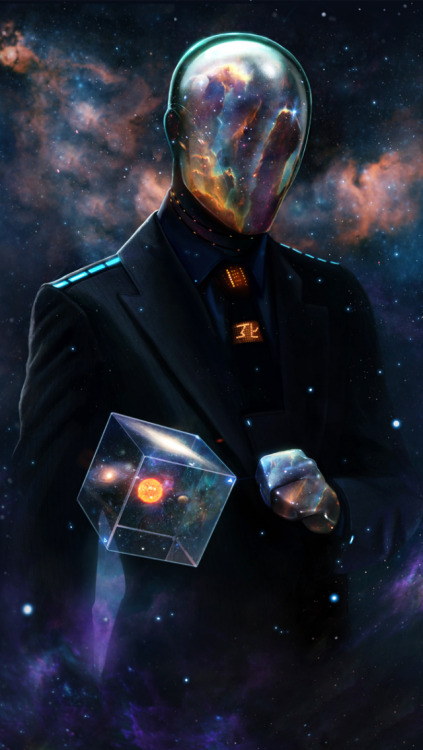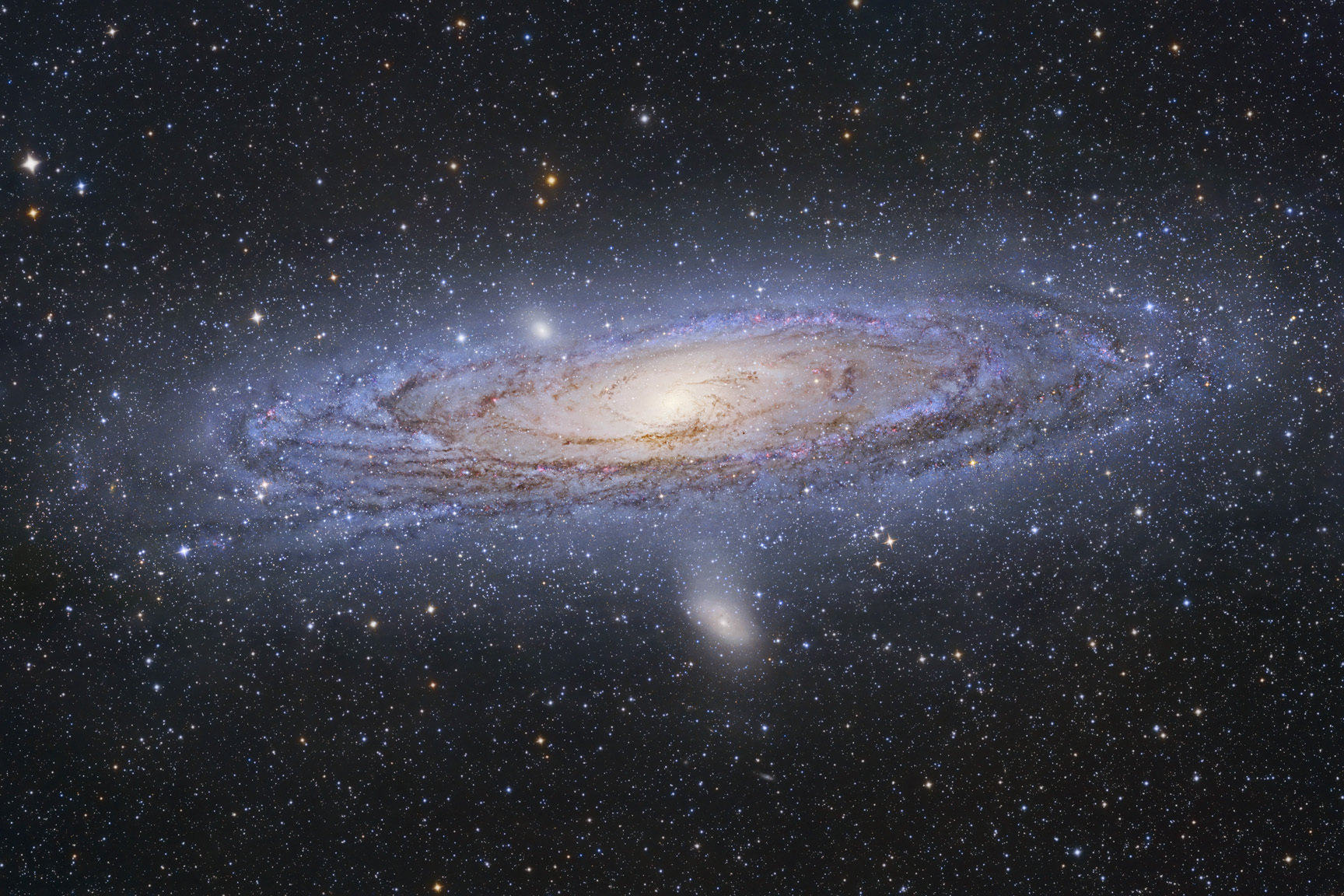In astrophysics, as in life, it comes down to whether one feels there is some kind of intelligence operating from the beginning in the universe (without implying a Creator), or that life and consciousness are random events. Universe or multiverse?
 One’s core worldview (or should I say cosmic view?) boils down to either randomness-all-the-way-down, or intelligence-all-the-way-up. And though either can be a belief, both can also be a feeling, a sense, and a tentatively held premise.
One’s core worldview (or should I say cosmic view?) boils down to either randomness-all-the-way-down, or intelligence-all-the-way-up. And though either can be a belief, both can also be a feeling, a sense, and a tentatively held premise.
The difference between a belief and a feeling is the difference between a rigidly held idea in the head and a provisionally held intuition of the heart.
I don’t believe in ‘intelligent design,’ and am not implying it with the notion of cosmic intelligence. ‘Intelligent design’ is a clever and intellectually dishonest way of upholding a Designer, a separate Creator, a deity.
And though cosmic intelligence may be partly synonymous with God in a very different sense, the notion of a separate, freestanding Creator flies in the face of mystical experiencing.
At the same time, I also find the entire idea of a multiverse, which holds that there are an infinite number of random cosmic ‘bubbles’ of which ours is but a very special one, giving rise to life and consciousness, intellectually dishonest.
I don’t know whether it’s fitting or weird to quote a systems engineer, but Thomas B. Fowler put the philosophical and spiritual challenge the universe poses very well when he said:
“Final causality has become prominent recently with the growing awareness of the anthropic principle, which states that the universe is fine-tuned for life and that were any laws or initial conditions even slightly different, life could not have arisen. Although not a scientific principle, it utilizes the findings of science and the extremely small probability that so many things could have happened by chance to infer the final causality.”
This question isn’t just important for astrophysicists and philosophers; it has a bearing on all of our lives. It may not be overstating things to say that one’s view of whether we live in a universe or a multiverse is the single most important factor in our relationship with nature, others and the world.
The metaphor that’s often used to explain the multiverse is bubbles in beer, with our universe being just one of an infinite number of bubbles. Each ‘bubble’ has different mathematical constructs, meaning that innumerable different physics are possible in each universe.
“A multiverse offers one good possible explanation for a lot of the unique observations we have made about our universe,” says MIT physicist Alan Guth, who first wrote about inflation theory in 1980. “Life being here, for example.”
It adds up to mean, as a National Geographic article on the subject said, that “in a multiverse, there can be more things dreamt of in physicists’ philosophy than happen to be found in our sad little heaven and earth.”
That’s a cunning and rather twisted way of dodging both the ‘fine tuning’ by our universe, and Anthropocene problem posed by Homo sap. Shakespeare’s quote delimits the known, not escapes it by mathematical fantasies of purely random reality.
The choice between an outside agency (Creator, Supreme Being) creating the universe, and a multiverse of infinite random possibilities is no choice at all. Both are intellectually dishonest. Both rest on a belief system—the cornerstone of the former being a Creator, the cornerstone of the latter being unremitting chaos/randomness.
How can one honestly philosophically resolve the contradiction between fine-tuning and randomness?
On one hand, we can acknowledge an inscrutable, intrinsic intelligence in nature and the universe, allowing us to perennially feel the mystery of something science cannot explain and explain away. On the other hand, we must acknowledge that randomness plays a huge role in the evolution of the universe, and of potentially intelligent life such as Homo sapiens.
Fowler puts it this way: “Is final causality necessary to understand science? Or is it something with which science needs to be concerned? In fact, the real question isn’t whether final causality is needed for science (it isn’t), but whether scientific explanations are or can be sufficient to explain all of reality.”
He answers his first question parenthetically—the concern with final causality is not necessary to do science, or to understand science. I submit final causality is an arbitrary and unnecessary concern philosophically and spiritually as well.
Science cannot ever explain everything, and we need not think endlessly in terms of cause and effect. It is both sufficient and necessary to see that that in the end, as in the beginning, there is a mystery for which the only right and rational response is stillness and reverence.
Martin LeFevre

